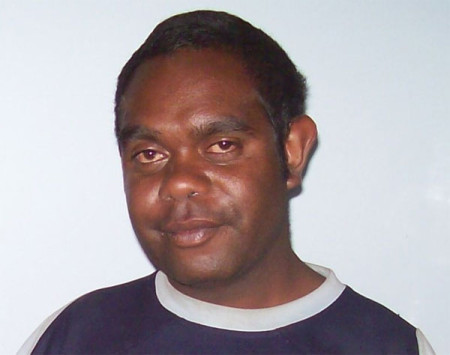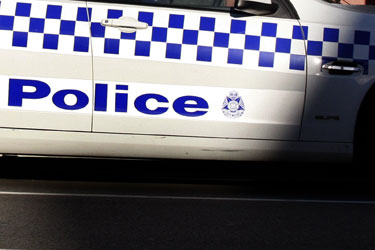What is the National Police Accountability Network?
The National Police Accountability Network (NPAN) is open to barristers, solicitors and advocates in Australia who work to assist the victims of police misconduct and their family members.
NPAN works to end police abuse, neglect, violence and racism, and to ensure human rights compliant policing. The network aims to:
- Share resources and expertise across Australia such as relevant cases, systemic issues, legal options, experts for hearings on issues such as tasers, O/C spray etc.
- Provide a forum where people can ask non-confidential questions to others on strategies around cases involving police complaints, cover charges and human rights abuses.
- Increase the knowledge, expertise and support available to people assisting the victims of police misconduct, as well as to the victims and their families.
- Campaign for human rights compliant investigation and disciplinary mechanisms.
- Increase the access of victims of police misconduct to adequate remedies.
- Ensure that governments and police agencies learn from failures, protect human rights and comply with the law.
There are similar networks in place in the United States (the National Police Accountability Project of the National Lawyers Guild) and the United Kingdom (the Police Misconduct Lawyers Action Group).
Victorian Contact: Anthony Kelly
Executive Officer, Flemington Kensington Community Legal Centre
03 9376 4355
NSW Contact: David Porter
Senior Solicitor, Redfern Legal Centre
02 9310 3586
Info and Resources
 Closing Ranks, (Video, March 2012) ABC Four Corners special report. Reporter Quentin McDermott puts together a forensic account of the events leading to the death of Adam Salter in NSW and the shooting itself. Using the testimony of family, ambulance officers and interviews with the police themselves, the program examines the mistakes made by the officers and the inconsistencies in their explanations for shooting Adam Salter.
Closing Ranks, (Video, March 2012) ABC Four Corners special report. Reporter Quentin McDermott puts together a forensic account of the events leading to the death of Adam Salter in NSW and the shooting itself. Using the testimony of family, ambulance officers and interviews with the police themselves, the program examines the mistakes made by the officers and the inconsistencies in their explanations for shooting Adam Salter.
The story of Adam Salter raises many questions, including the issue of how lethal force is used by police. But perhaps the most profound question it raises is: can the police be trusted to investigate themselves?
Royal Commission into Aboriginal Deaths in Custody (RCIADIC) – 20 years on still waiting for police accountability National Police Accountability Network Media Release, 10 August 2011
National Police Accountability Network Response to the Human Rights Action Plan 2012
New Call for Independent Investigations. Sydney Morning Herald, 22 March 2012.
Death in Custody of Kwementyaye Briscoe
 Coronial Inquest into the death in custody of Kwementyaye Briscoe,(PDF) 17 September 2012. CITATION: Inquest into the death of Terence Daniel Briscoe [2012] NTMC 032
Coronial Inquest into the death in custody of Kwementyaye Briscoe,(PDF) 17 September 2012. CITATION: Inquest into the death of Terence Daniel Briscoe [2012] NTMC 032
Coronial inquest: The death of Kwementyaye Briscoe, Treaty Republic, January 2012
Alice Springs death in custody raises alarm The Australian, 4 February 2012
Lawyers call for independent probe into death Alice Online, 4 February 2012
In New South Wales?
Community Legal Centres NSW have a Police Accountability Project with information and resources on police complaints and legal support.
Please go here for details.
See also: Human Rights and Police Accountability
In Queensland?
Police Powers: Your Rights – A guide to your rights when dealing with the police in Queensland published by Caxton Legal Centre.
Note: Be aware that there have been changes in this area of law. If you are concerned about an offence get legal advice.



